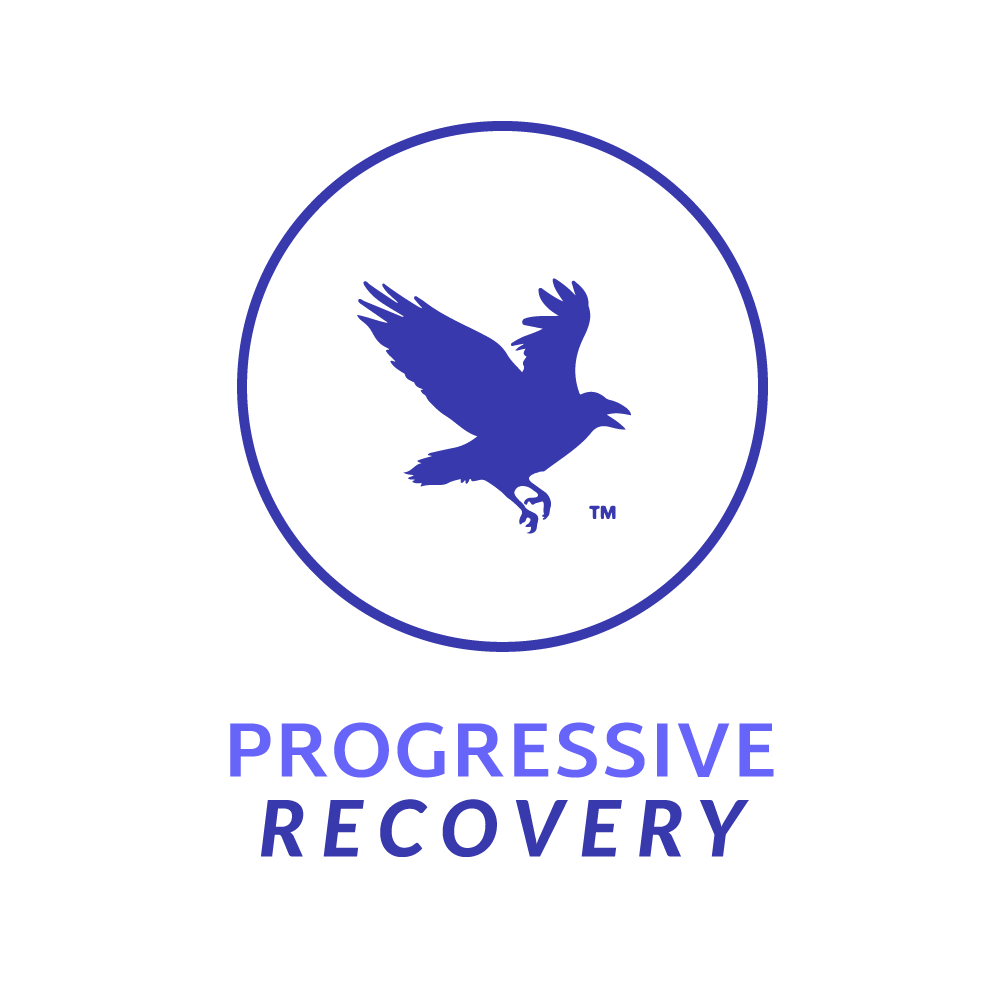About Ron Chapman
More than thirty-five years ago a spiritual advisor captured my attention with a profound remark. “Ron,” he said with deadly earnestness, “Yesterday’s sobriety is insufficient for today.”
I remember the moment because of the truth that resonated within his remark. Today my experience would say it differently. A progressive addiction requires a progressive recovery. But what is meant by a progressive recovery?
There are so many phrases and ideas in the recovering community that point to this necessity: more will be revealed, complacency kills, peeling the layers of the onion, our well-being is dependent on the daily maintenance of our spiritual condition, and so forth. Interestingly enough, this is akin to the ancient metaphor of manna from heaven, a story I explored in my 2008 book Seeing True: Ninety Contemplations in Ninety Days.
“There is a biblical story of the Jews wandering in the wilderness for a very long time. Each day the unleavened bread known as manna fell from heaven to be collected as dew from the leaves of plants. At the end of the day, the manna was no more, it had no life beyond the day of its fall. It seems the Jews were required to live not just in the day’s sustenance, but in trust the needs of the day would be met as well. So each day we begin anew. That which we understood, or knew, or experienced at some past date is of no use to us today unless it produces new spiritual fruitage.”
Apparently, the idea of a progressive path is embedded in spiritual mythology.
And so it is with my story. At five years in recovery I married again. Certain that I was on solid ground I was dumbfounded at how inept I was in relationship. Those difficulties took me deeply into learning about unconditional love. Then much to my surprise, a divorce required me to explore my broken heart and heal while still maintaining that unconditional love for my ex-wife.
On the day of celebrating my tenth year in recovery, I suddenly became aware that I knew nothing of what it is to be happy, joyous, and free. The resulting dive into the twelve steps produced greater growth and development than I even imagined was possible. For the first time I came to see patterns within me that had dogged my steps all the way back to childhood.
At seventeen years in recovery and after one more failed relationship, I found myself in an inpatient facility for a week of intensive love addiction treatment. The resulting breakthrough in overcoming a perception of inadequacy was transformative like nothing else that had preceded it.
One would think I had now arrived. And yet the several years leading up to my twenty-fifth anniversary in recovery were a period I now call my time in the wilderness. If that sounds painful, it was. But today, I have come to have a degree of emotional sobriety that is astounding to me. Many of my dependencies have simply lost their power as a result of what I know today as “the results of the twelve steps practiced at depth over time.”
Today when I tell my story of recovery, I speak most often of the need for increasing spiritual exploration, not to embellish me, but to increase the degrees of my freedom from myself. The result is to further distance myself from addiction, and to find greater and greater well-being.
Recovery is a launching pad, not a safe haven. Without a progressive recovery, I could never have known the benefits of one of the promises of recovery: “We will know a new freedom and a new happiness.”
Much of my time is now spent providing workshops and mentoring that promote forgiveness and healing. I am an internationally accredited speaker on spirituality-based skills acquired through recovery. In 2012, I broke the most personally meaningful ground to date with my book A Killer’s Grace, a novel that explores our inherent innocence amid a dark and troubling situation. While my learning about innocence changed me to the core, readers tell me it has had a similarly profound effect on them. Every day I interact with people through these emerging and life-affirming philosophies of forgiveness, innocence, unconditional love and emotional sobriety.
Today the realization of my potential as a human being in spiritual recovery are stunning to me. An observation I offer with great humility and gratitude.
In the dedication to my first book I captured the truth: There are no self-made men or women. I am a product of the support, guidance and love of a number of others on the path of progressive recovery.
That, my friends, is your potential future. Don’t stop where you are. At worst the progressive malady will catch you. At best, there is no limit to your possibilities.
“Had I not been drawn, I could never have succeeded in the face of some daunting life challenges.”

